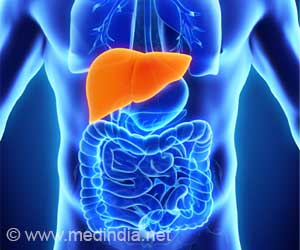Intervention programmes, focusing on healthy feeding practices and physical activities imparted during the very early stages of life help in keeping childhood obesity at bay.

A nurse visited the families in the intervention group at home, once at 30-36 weeks’ gestation and seven times after birth (at 1, 3, 5, 9, 12, 18 and 24 months) and educated the mothers on healthy infant feeding practices and importance of physical activity. They advised the mothers on issues like breast feeding, appropriate timing for the introduction of solid food and family nutrition. Nurses also discussed any concerns or issues raised by the mothers.
The mothers in the control group were given safety promotion materials twice during the study.
At the end of two years, researchers measured the body mass index (BMI) of the children and also evaluated their diet, eating behavior and physical activity. The BMI of the children in the intervention group was significantly lower.
The experts also found a significant improvement in the dietary habits like intake of more than one serving of vegetables and a decrease in time spent watching television especially during mealtime among children in the intervention group.
But there was no notable difference between the children in the intervention group and those in the control group in terms of fruits and junk food consumption and time spent on outdoor activities.
The experts thus concluded that interventional programmes guiding parents on healthy infant feeding practices and physical activities for their kids are every essential in preventing childhood obesity. They also add that further studies are required to analyze the cost efficiency and long-term effects of such interventions on the child and family.
Effectiveness of home based early intervention on children’s BMI at age 2: randomised controlled trial; Li Ming Wen et al; BMJ 2012; 344 doi: 10.1136/bmj.e3732
Source-Medindia















